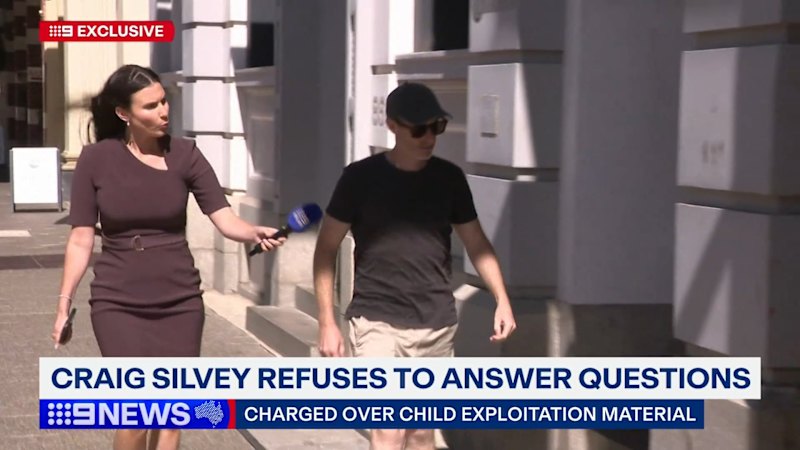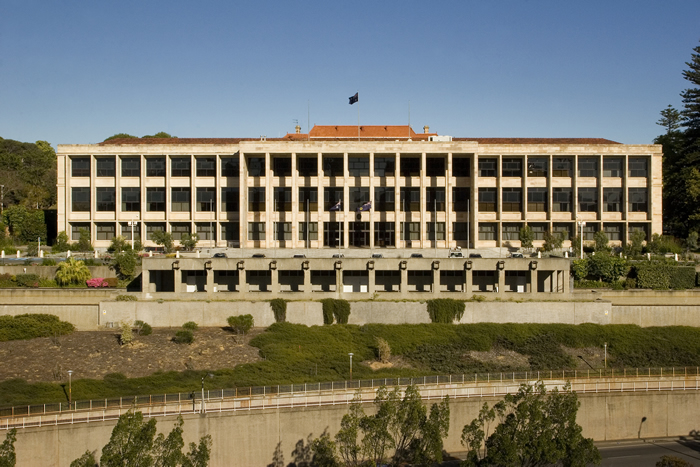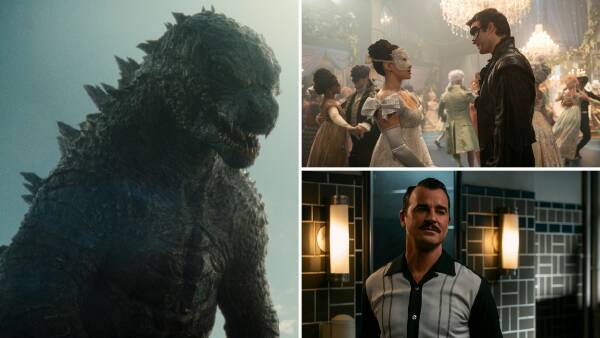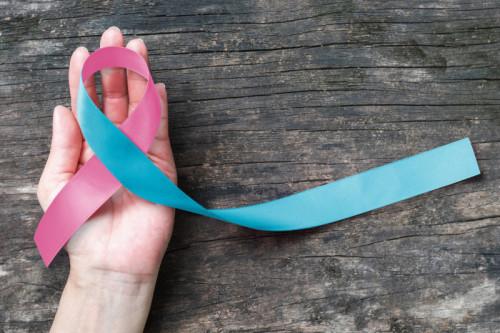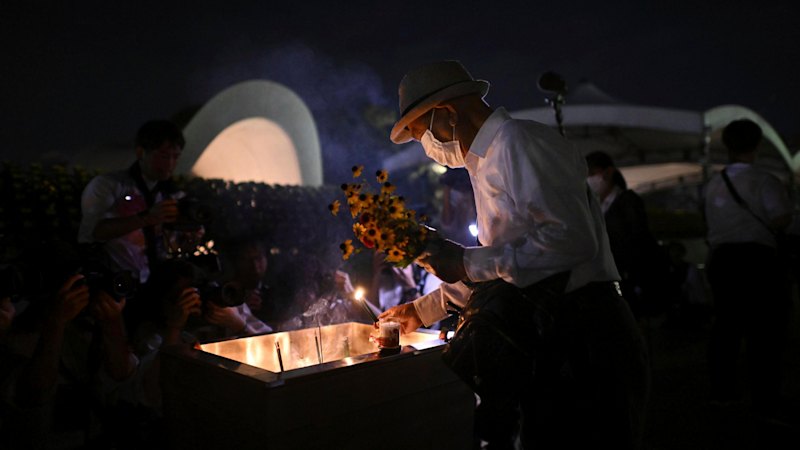
On August 6, 1945, the United States detonated an atomic bomb over Hiroshima, leading to the deaths of more than 100,000 people within moments. The aftermath resulted in another 100,000 casualties due to injuries and radiation poisoning. As the world approaches the 80th anniversary of this devastating event, reflections on the horror and its implications remain relevant today.
Visiting Hiroshima: A Personal Reflection
In November 2019, I had the opportunity to visit Hiroshima, a city whose history is marked by profound tragedy. The serene atmosphere on that clear morning stood in stark contrast to the memories associated with the atomic bombing. Having taught English to enthusiastic students from Japan in Melbourne, I felt a deep connection to their homeland. Yet, nothing could prepare me for the emotional weight of standing in Hiroshima Peace Memorial Park.
Learning about the atomic bombings during my education had always felt distant, but being present at the site of such historical savagery transformed abstract knowledge into a visceral experience. The sheer scale of devastation inflicted on innocent civilians was overwhelming. Many lives were lost in the blink of an eye, and countless others were left to suffer in the harrowing aftermath.
The Impact of Atomic Warfare
The Hiroshima Peace Memorial offers chilling evidence of the catastrophic event, capturing the essence of human suffering. Testimonies from survivors, who are now few and frail, resonate deeply. Their stories are supported by passionate descendants and anti-nuclear activists, dedicated to advocating for peace and the futility of violence.
The testimonies of survivors serve as a poignant reminder of the consequences of war and the ongoing need for global peace.
As I reflected on the horrors of Hiroshima, I found myself grappling with a poignant question: Can humanity truly change? Is it possible for a world free from the tyranny of power-hungry leaders to exist? The memories of Hiroshima and Nagasaki serve as reminders of the destructive potential within humanity. Yet, the call for peace persists.
History suggests that achieving lasting peace is a formidable challenge. However, those of us living in relative calm must not turn away from the suffering that persists globally. It is our responsibility to strive for a better world, one where diverse peoples can coexist harmoniously.
As we commemorate the anniversary of these events, it is essential to remember the lives lost and the lessons learned. The past must inform our future, guiding us towards a path of understanding and cooperation.
Janine Joseph, a writer from Melbourne, emphasizes the importance of these reflections as we navigate an increasingly complex world. The legacy of Hiroshima urges us to confront our shared history and work collectively towards a peaceful future.
